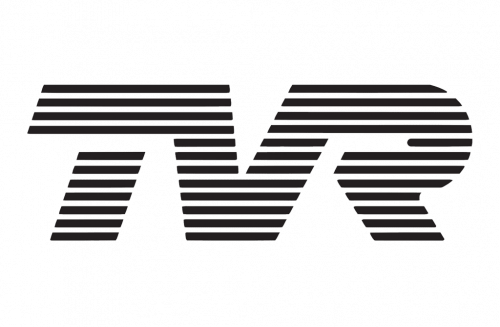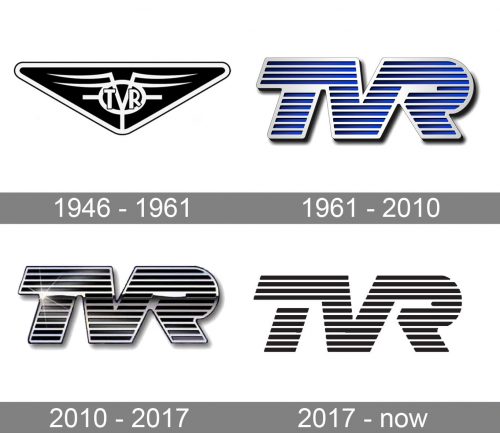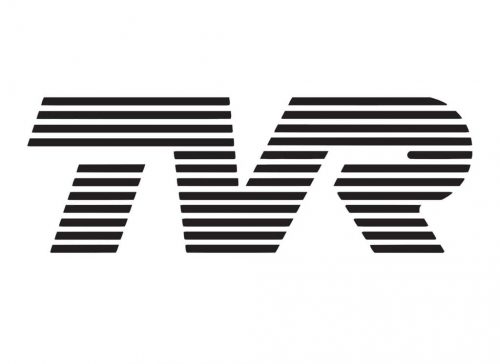TVR is the name of a luxury automaking brand, which was established in the United Kingdom in 1946. The company specializes in the production of high-performance cars. Throughout its long history, TVR, which was even the largest sports car manufacturer in the world for some time, has released more than 50 various car models.
Meaning and history
The history of this exclusive car brand began when Trevor Wilkinson, who was building sports cars, decided to increase their production. His first car appeared in 1949, but it was not until 1954 that he built a model with the TVR emblem, an abbreviation of Trevor’s name.
By 1956 TVRs were already being sold in the U.S., and in 1958 the production of the Grantura model began. The production of cars was very slow, and by the mid-1960s not more than 100 Grantura were produced.
The Grantura was replaced by the Vixen and the Griffith was replaced by the Tuscan V8. In 1972, the “M” series was announced, which became TVR’s trademark in the seventies. Already in 1973, production volume increased to 10 cars per week.
In 1982, TVR was taken over by the new owner, Peter Wheeler, a former chemical engineer. Under him, the company abandoned the small-volume turbocharged engines of third-party manufacturers and began producing its own.
In 2004, TVR was purchased by Nikolai Smolensky.
What is TVR?
TVR is a British manufacturer of high-end cars, which was established in the middle of the 1940s, and has once been named the largest producer of sports cars in the world. Today the company is focused on just one model, TVR Griffith.
1946 – 1961

The TVR badge, created in 1946, stayed with the automaker for more than a decade and was completely different from all the following emblems created throughout the history of the brand. It was a smooth triangular logo in black, with a double white and black outline. The triangle pointed down and was stretched horizontally, having all of its angles rounded. In the center of the composition, there was a stylized “TVR” monogram in white, with the “V” having its bars elongated and turned into two sharp wings. The monogram was outlined in a slightly horizontally extended oval with three straight lines coming out of it to three sides.
1961 – 2010

The first emblem for TVR featured silver-metallic three-dimensional lettering with a horizontally striped black pattern. The stylized inscription had all three letters connected to each other — the horizontal bar of the “T” merged with the left bar of the “V”, while “V” and “R” shared one vertical bar. The lettering was executed in a bold sans-serif typeface with a powerful and stable mood.
2010 – 2017
The redesign of 2010 cleaned the contours of the TVR badge, making them thinner and more elegant. The color palette was elevated and more gloss was added to the surface of the emblem. The metallic striped inscription got a light yet well-visible shadow, which gave more volume and dynamics to the overall image. The flash of light was added to the left angle between the horizontal and vertical bars of the “T”.
2017 – Today
In 2017 the logo of the brand was simplified and redrawn in a flat style. The contouring and metallic texture were gone and now the iconic custom nameplate is drawn in black horizontal lines on a white background. Now the white gar between the “T” bars became wider and more visible, balancing the negative space in the upper part of the “R”.
Font and color
The TVR logo is executed in a custom italicized sans-serif typeface with extra-thick lines and traditional straight cuts of the letters. Due to the merged letters, the wordmark looks unique and memorable, though the font of the inscription is based on one of the traditional sans-serif types.
The monochrome color palette of the TVR badge makes the modern and progressive logo timeless and strong, showing the brand as a professional and serious one, and evoking such feelings makes as confidence, authority, and stability.










